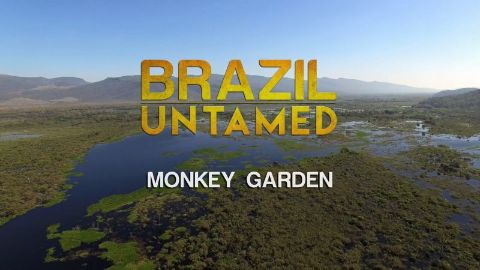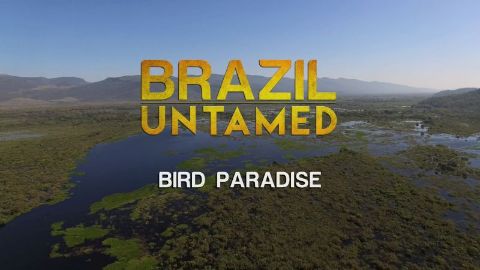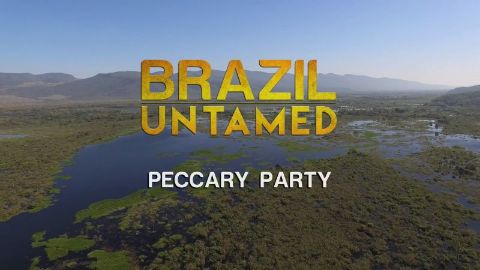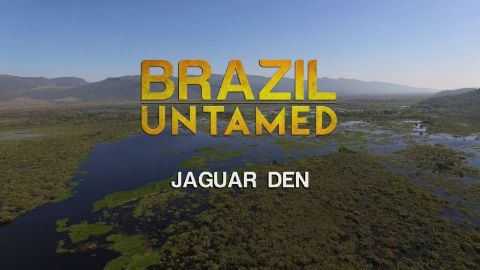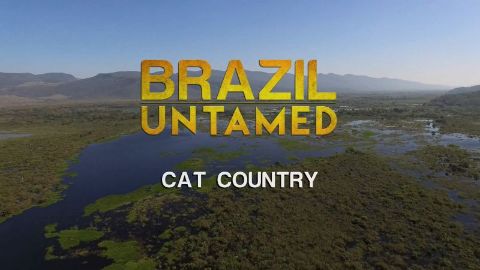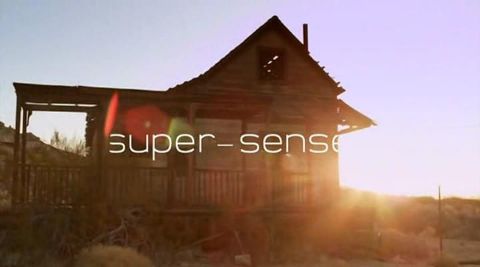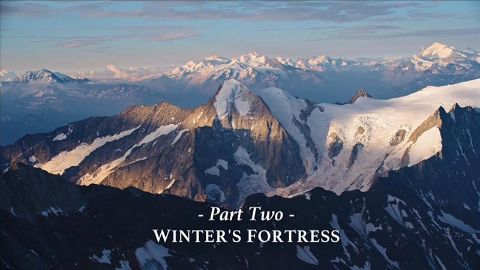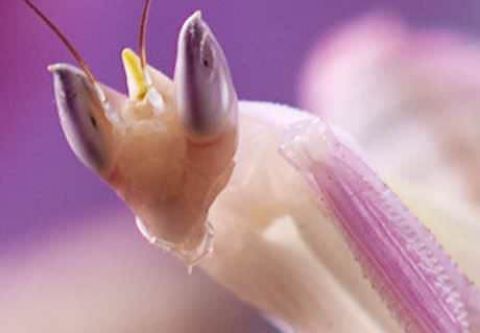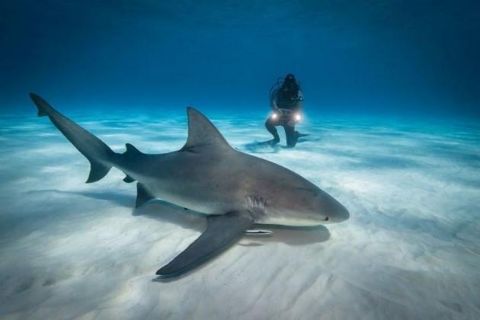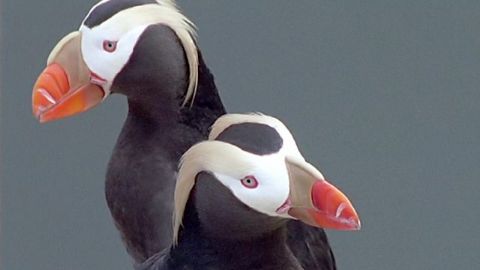Bird Paradise • 2016 • episode "2" • Brazil Untamed
In the heart of Brazil lie the immense wetlands of the Pantanal--an area 10 times the size of the Florida Everglades. In the dry season, over 650 species of birds descend onto the shallow marshes to feast, breed, and raise their young, including the the regal jabiru, the colorful hyacinth macaw, and the noisy chacalaca.
Make a donation
Buy a brother a hot coffee? Or a cold beer?
Hope you're finding these documentaries fascinating and eye-opening. It's just me, working hard behind the scenes to bring you this enriching content.
Running and maintaining a website like this takes time and resources. That's why I'm reaching out to you. If you appreciate what I do and would like to support my efforts, would you consider "buying me a coffee"?
Donation addresses
BTC: bc1q8ldskxh4x9qnddhcrgcun8rtvddeldm2a07r2v
ETH: 0x5CCAAA1afc5c5D814129d99277dDb5A979672116
With your donation through , you can show your appreciation and help me keep this project going. Every contribution, no matter how small, makes a significant impact. It goes directly towards covering server costs.
